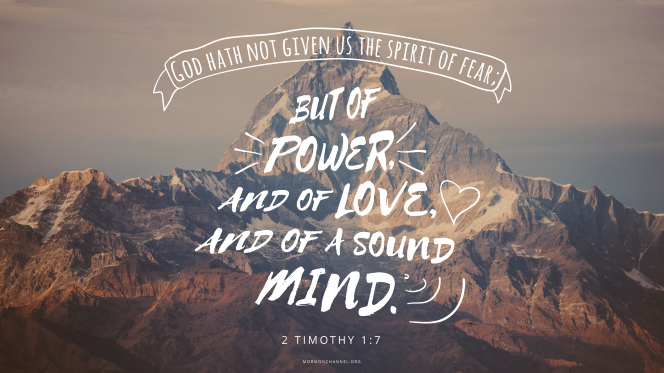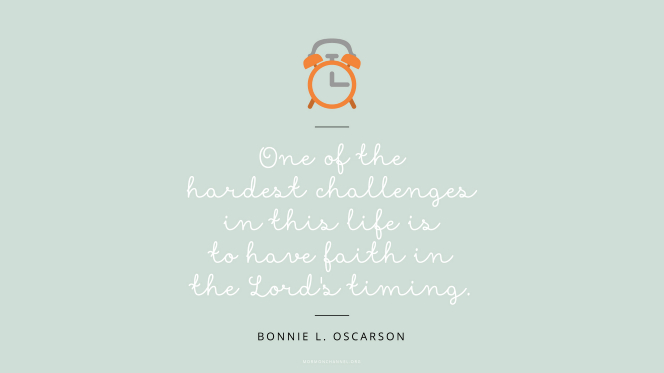Post
# 13 – The Cat Scan
Dear
Family and Friends,
I hope all of you that are mothers had a great mother's day. I spent the day with some of my children and my grandchildren. I can't imagine my life without them all in it. And for those of you who are not mothers, I hope that you remembered to honor your mom in some special way. I made sure that my students all had a special card for their moms. I think it is important to teach our children to honor their parents, at a young age, they need to learn to respect all the adults in their lives and show kindness to all who are around them every day, especially those who look out for their well-being. And yes, I know that there are extenuating circumstances for different people, but for most of us, we should at least make sure that our moms know that we love them.

Now let's move on to learn about the CAT Scan.I don’t know about you, but I do not like to have these types of tests don’t. Being claustrophobic I have a really hard time with the CAT scan. It is just way too close and tight-fitting quarters for me. As my daughter says about some things in her life, “It gives me bad anxiety” for me this is in at least triplicate form times ten or twenty!!!

Now let's move on to learn about the CAT Scan.I don’t know about you, but I do not like to have these types of tests don’t. Being claustrophobic I have a really hard time with the CAT scan. It is just way too close and tight-fitting quarters for me. As my daughter says about some things in her life, “It gives me bad anxiety” for me this is in at least triplicate form times ten or twenty!!!
CT or CAT scan: This
test uses x-rays to make detailed pictures of the inside of your body. This
test may be done to look for cancer or to see if it has spread.
I
thought I might include a couple of pictures for you so that you could see what
these machines look like. if you haven't yet had the privilege of having one of these scans.






What Is a CT Scan?
A computed tomography (CT or CAT) scan allows doctors to
see inside your body. It uses a combination of X-rays and a computer to create
pictures of your organs, bones, and other tissues. It shows more detail than a
regular X-ray.
You can get a CT scan on any part of your body. The
procedure doesn't take very long, and it's painless.
How
Do CT Scans Work?
They use a narrow X-ray beam that circles around one part
of your body. This provides a series of images from many different angles. A
computer uses this information to create a cross-sectional picture. Like one
piece in a loaf of bread, this two-dimensional (2D) scan shows a “slice” of the
inside of your body.
This process is repeated to produce a number of slices.
The computer stacks these scans one on top of the other to create a
three-dimensional (3D) image. This can give your doctor a better view of your
organs, bones, or blood vessels. For example, a surgeon may
use this type of scan to look at all sides of a tumor to prepare for an
operation.


How
Are CT Scans Done?
You'd probably get a scan at a hospital or radiology
clinic. Your doctor might tell you not to eat or drink for a few hours before
the procedure. You may also need to wear a hospital gown and remove any metal
objects, such as jewelry.
A radiology technologist will perform the CT scan. During
the test, you’ll lie on a table inside a large, doughnut-shaped CT machine. As
the table slowly moves through the scanner, the X-rays rotate around your body.
It’s normal to hear a whirring or buzzing noise. Movement can blur the image,
so you’ll be asked to stay very still. You may need to hold your breath at
times.
How long the scan takes will depend on what parts of your
body are being scanned. It can take anywhere from a few minutes to a half-hour.
In most cases, you’ll go home the same day.
What Is
It Used For?
Doctors order CT
scans for a long list of reasons:
- CT scans can detect bone and
joint problems, like complex bone fractures and tumors.
- If you have a condition like cancer, heart disease, emphysema, or liver masses, CT scans can spot it
or help doctors see any changes.
- They show internal injuries
and bleeding, such as those caused by a car accident.
- They can locate a
tumor, blood clot, excess fluid, or infection.
- Doctors use them to guide
treatment plans and procedures, such as biopsies, surgeries, and radiation therapy.
- Doctors can compare CT scans
to find out if certain treatments are working. For example, scans of a
tumor over time can show whether it’s responding to chemotherapy or radiation.
![A patch of dandelions overlaid with bright colors, with a quote by Elder Ronald A. Rasband: “[Don’t] forget, Heavenly Father knows and loves each of you, and He is always ready to help.â€](https://media.ldscdn.org/images/media-library/inspirational-picture-quotes/mormon-channel/mormon-channel-daily-quotes-meme-march-remember-1947360-gallery.jpg)
What Is a
CT Scan with Contrast?
In a CT scan,
dense substances like bones are easy to see. But soft tissues don’t show up as
well. They may look faint in the image. To help them appear clearly, you may
need a special dye called a contrast material. They block the X-rays and appear
white on the scan, highlighting blood vessels, organs, or other structures.
Contrast
materials are usually made of iodine or barium sulfate. You might receive these
drugs in one or more of three ways:
- Injection: The drugs are injected
directly into a vein. This is done to help your blood vessels, urinary
tract, liver, or gallbladder stand out in the image.
- Orally: Drinking a liquid with the
contrast material can enhance scans of your digestive tract, the pathway
of food through your body.
- Enema: If your intestines are being scanned, the
contrast material can be inserted in your rectum.
After the CT
scan, you’ll need to drink plenty of fluids to help your kidneysremove the contrast material from your body.
Are
There Any Risks?
CT scans use X-rays, which produce ionizing radiation.
Research shows that this kind of radiation may damage your DNA and lead
to cancer. But the risk is still very small --
your chances of developing a fatal cancer because of a CT scan are about 1
in 2,000.
But radiation’s effect adds up over your lifetime. So
your risk increases with every CT scan you get. Talk to your doctor about the
procedure’s potential dangers and benefits, and ask why the CT scan is
necessary.
Ionizing radiation may be more harmful in children.
That’s because they’re still growing. They also have more years to get exposed
to radiation. Before the procedure, you may want to ask the doctor or
technician if the CT machine’s settings have been adjusted for a child.
Tell your physician if you’re pregnant.
If you need imaging for your stomacharea, your doctor may recommend an exam
that doesn’t use radiation, such as an ultrasound.


What
Are the Side Effects?
Some people are allergic to the contrast
materials. Most of the time, the reaction is mild. It can lead to itchiness or
a rash. In very few cases, the dye may trigger a
life-threatening reaction. For this reason, your health care
provider may want to monitor you for a
short period after your CT scan. Tell your doctor about any allergies you
have to medications, seafood, or iodine.
Your doctor should know, too, if you
have diabetes and are taking the drug Metformin. He’ll let you know if you should stop
taking your medication before or after your procedure.
Although it’s rare, contrast materials can lead
to kidney problems. Let
your doctor know if you have any kidney issues before the CT scan.
Now that you have finished reading this post, are
you more familiar with the CAT scan? If not, you should feel free to check out the
web address that I have included above. Again, I hope and pray that you have
enjoyed what I have written and that you can relate to it in some way. And I truly
hope that each post is helpful to you with your sickness or to help you to be a
good support for your family member or friend who may be going through this type
of adventure too. So until my next post, have a wonderful day and keep smiling😊,


No comments:
Post a Comment